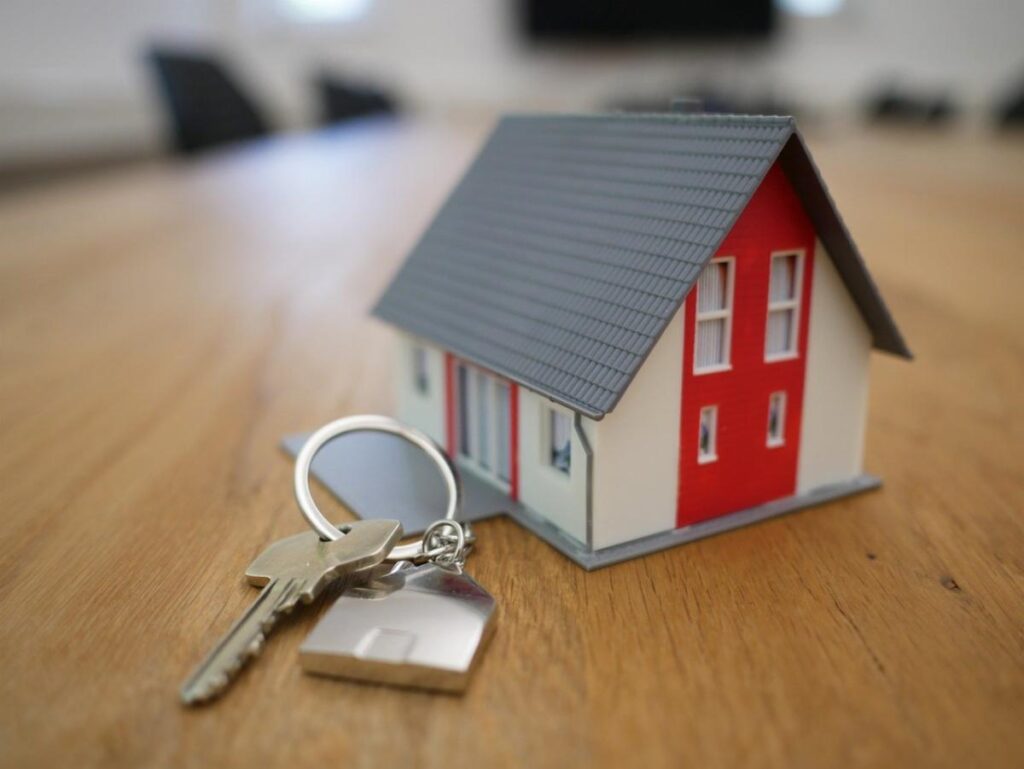4 Tips For Saving For Your First House

Buying your own home is not something that everyone can realistically afford. It can take years to finally have enough money for a deposit and be accepted for a mortgage. However, it is not an impossible task. There are some ways in which people can start saving for their own home which is simple and manageable. When it comes to saving for anything, it is always important to be patient and not expect that you will have all your savings together within a few months. Expect that it can take some time and be realistic when it comes to when you will eventually move in. So, if you are planning to buy your own home, here are some saving tips that can help you.
Establish A Realistic Budget
One important thing that can really help you save is to establish a realistic budget. Having a budget to work towards will give you a good idea of how much you can save every month. So, in order to work out your budget, you must first take a detailed look at your finances and establish all your incomings and outgoings. Once you have this figured out, then you can start making a plan of how much you can realistically put aside every month into a savings account. It should go without saying, but if you are buying a house with a partner, then you both need to sit down together to establish a budget. It could be that one of you is earning more than the other, so they can contribute more. You need to work out how much you can put down as a deposit and how much you can pay monthly towards a mortgage. Many buyers, especially young buyers, fear that because they have poor credit, they will not be accepted for a mortgage. However, this is not the case, there are in fact poor credit mortgage lenders out there that can help first-time buyers.
Have An Idea Of The Housing Market
Another tip that can help you save for your first house is to have an idea of the housing market. Keeping an eye on the housing market and how it fluctuates will keep you a good idea of the sort of housing prices you are looking at. The housing market can be volatile, so you may find that you can suddenly afford houses you couldn’t before. This is why it is important to have an open mind and to not entirely right of houses just because they are a little out of your budget. Understanding that the housing market can change will be helpful for you as it could mean that you can buy a higher-end house once the housing market has shifted a little bit. Try not to obsess over looking at houses, but perhaps dedicate a certain time every week to look at some of the houses within and around your budget and see if there are any changes to the prices.
Set A Rough Timeline
Having a rough timeline of when you want to buy can be a helpful way to save for your first house. Of course, as mentioned in the introduction, saving for a house can take years, but if you have at least a rough timeline of when you want to move, then it can motivate you further to save. You could even set a couple of timelines for yourself. You can have the big deadline, which is when you want to move, and then you could have some smaller ones which can be goals for reaching a certain amount in savings. Having something clear to work towards can be a great motivator and you may actually find it helpful to have a goal to reach. Additionally, setting yourself a timeline could even encourage you to start saving more, so you may actually reach your goals faster.
Find A Good Savings Account
The final tip that can help you save for your first house is to have a good savings account. When it comes to putting aside money for any sort of reason, having a separate savings account is the best way to go. It is much more helpful to take your money out of your main account so that you do not accidentally spend it. Your separate savings accounts should only be used for buying a house, so try your best not to dip into them. Although the money will look like a lot, you have to essentially pretend that the money is not there, until you need it for its intended use. If you are saving with a partner, then it would be a good idea to have a joint savings account, so you can both easily see the money you are contributing. This saves any arguments when it comes to who has the biggest savings, as the money is all pooled together.




